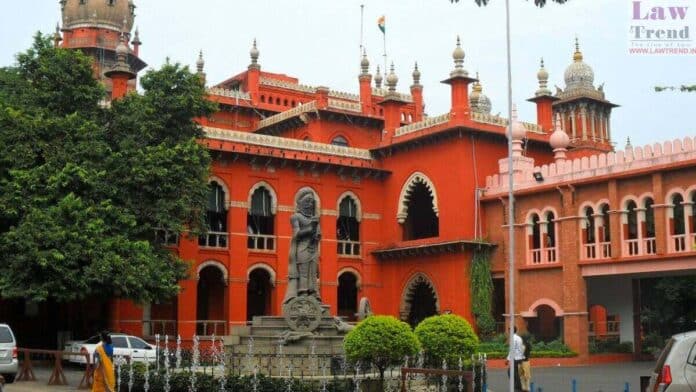The Madras High Court on Wednesday held that renowned music composer R. Ilaiyaraaja cannot be considered to be above everyone else.
A bench of Justices R. Mahadevan and Mohammed Shaffiq was responding to the contention of senior counsel Satish Parasaran, appearing for the composer, on April 10 that his client was above everyone else but below God.
As senior counsel Vijay Narayan, representing Echo Recording, said: “Ilaiyaraaja thinks that he is above everybody”, Parasaran said: “Yes, I am above everybody. I may sound arrogant but that is what it is… I am certainly not above God but below Him… I am above everybody.”
Justice Mahadevan however said: “The musical trinity, Muthuswami Deekshitar, Tyagarajar and Syama Sastri, can claim to be above everybody but you (Ilaiyaraaja) cannot be heard to say so.”
Ilaiyaraaja‘s counsel-on-record A. Saravanan sought to clarify the statement, saying that the senior counsel had said only in the context of copyright and to assert Ilaiyaraaja’s right over songs composed by him since Echo Recording Private Ltd had questioned this right.
“The press took it in a different context. Your Lordship is aware that he (Ilaiyaraaja) never proclaims himself to be so. It is in terms of his right that the senior counsel made that statement,” he said.
As counsel also sought an adjournment due to the unavailability of Parasaran, the division bench adjourned the hearing to April 24.
The case pertains to an appeal by Echo Recording challenging a single judge‘s 2019 order recognising the composer’s special moral right over 4,500 songs composed by him for more than 1,000 movies between the 1970s and 1990s.
During the last hearing of the appeal, Narayan, representing the appellant, had insisted on staying the single judge’s order, or alternatively, Ilaiyaraaja be directed to deposit in court the revenue being earned by him through the playing of these songs on the music streaming platform Spotify.
Also Read
He said that Echo Recording had purchased the rights to all these songs from the respective movie producers long ago, and the composer should at least be directed to submit the accounts of the revenue earned by him through licensi
ng of those songs to Spotify by taking advantage of the single judge’s order.
Parasaran had vehemently resisted any such interim order against the composer.




